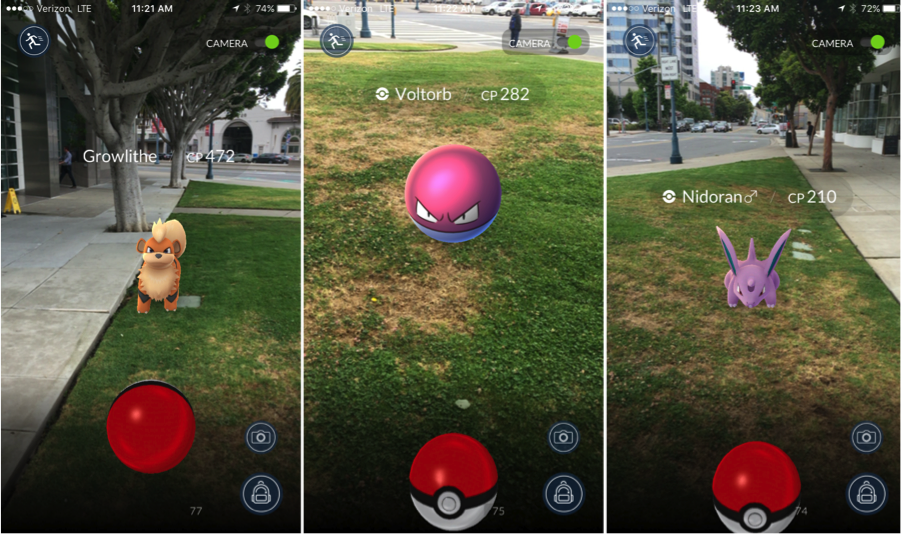This post was originally published on strayboots. Read the original article here

It’s been a few weeks now since Pokémon Go unleashed its digital maelstrom on the mobile gaming world, and there’s been no lack of perspectives offered up on what to make of it all. Hey, what’s one more?
That everyone’s felt compelled to weigh in on what has essentially become a gaming phenomenon is no small wonder. As more companies and brands vie for ways to gain and keep consumers’attention through their smart phones, user engagement remains the digital Holy Grail. In a survey recently released and handily summarized by VentureBeat, 82% of the 2000 Pokémon players polled say they’d keep playing until they catch every last Pokémon and another 70% say they expect to still be chasing them in a month.
And just to give you one more frame of reference: people are now spending more time playing Pokémon Go than they are scrolling Facebook.
Borderline addiction to games on our smart phones is nothing new. (Think Angry Birds.)
But the nature of Pokémon Go is also the beginning of something different. This has to do, of course, with the game’s use of augmented reality (AR) which projects the Pokémon characters unto a virtual map of a players’ surroundings. As AR and other mobile gaming technology continues to get better so too will the experiences it enables. In fact one of our favorite things about Pokémon Go’s popularity so far is that it’s getting people to go outside – and walking as much as 11 and 30 miles! Which we can certainly applaud and relate to as big fans of outdoor exploration ourselves.








